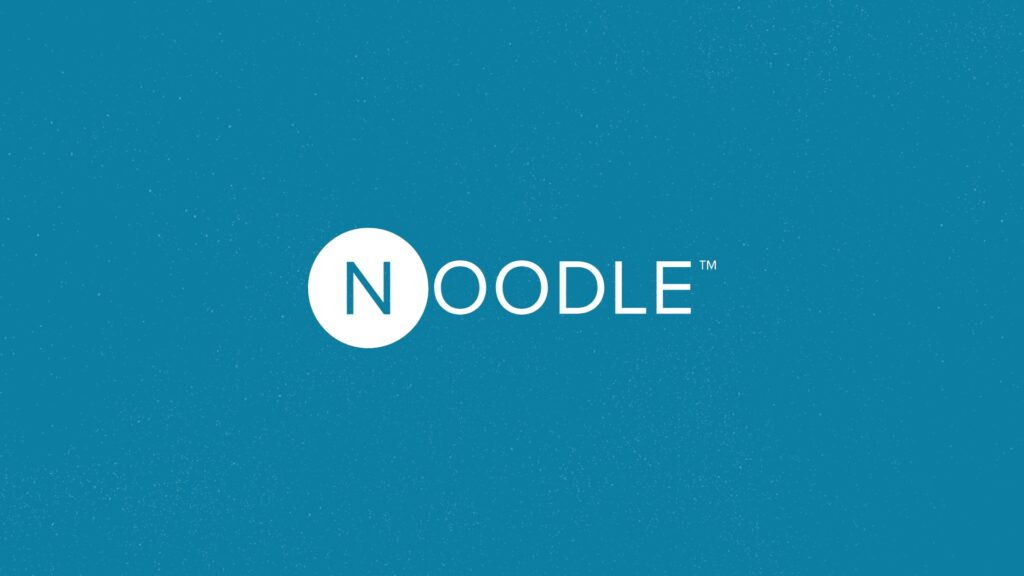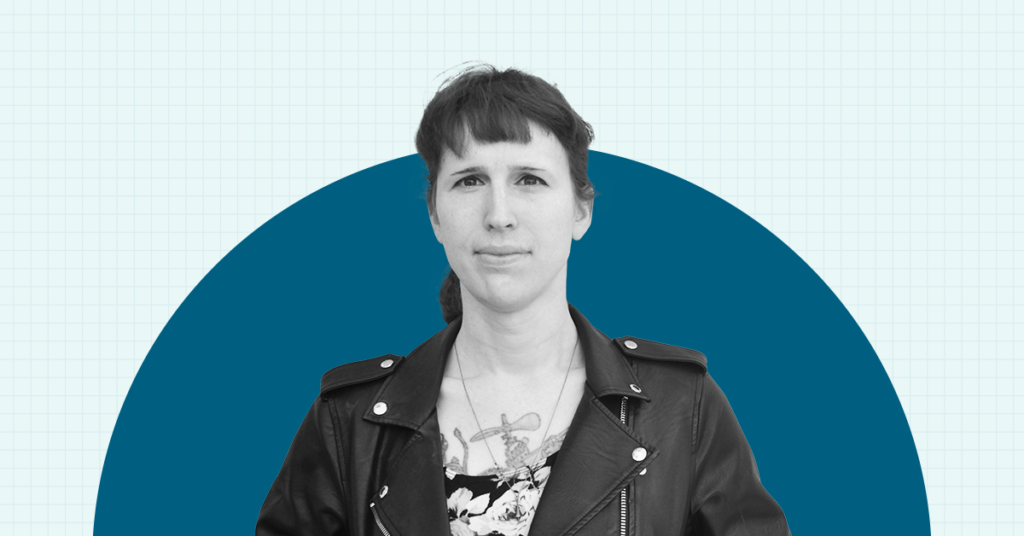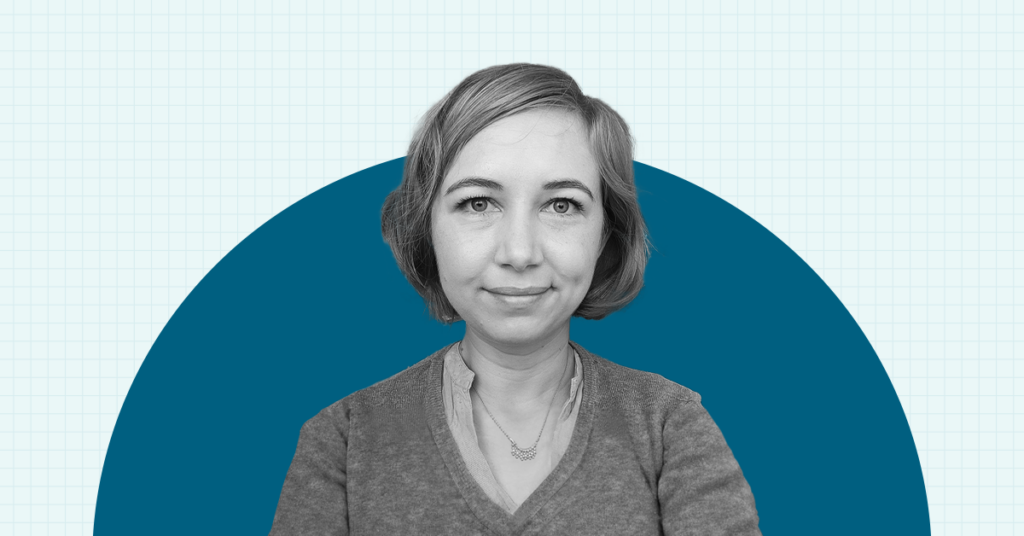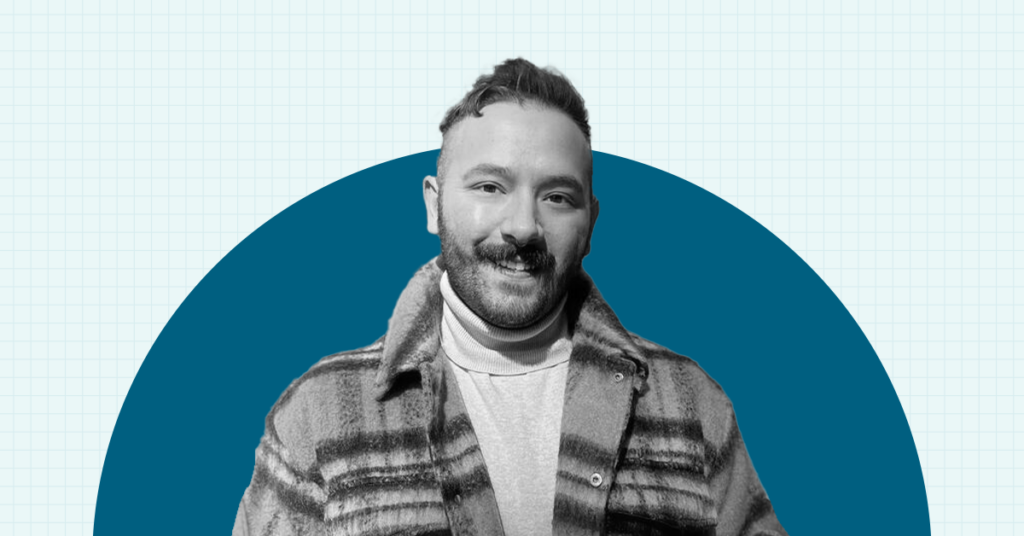Get to Know Noodle Learning Designer, Ralton Morrison
I consider my personal leadership style as creative, resilient and authentic to who I am and how I work with others. I know that I am a valuable contributor to a greater whole.
Ralton Morrison is a Learning Designer at Noodle. Originally from Durban, South Africa he currently lives in Johannesburg, South Africa. He received his Bachelor’s degree in Psychology and has a Masters in Population Studies. Ralton shares his experience in education began around helping adult students obtain certificates in Business Administration where he saw the many barriers that exist to access education. From there he grew an interest in Learning Design to help students navigate successfully through education and challenge imposter syndrome. Ralton has helped students create different learning techniques and strategies to help them learn. Now here at Noodle, he supports the Learning Team by designing course content that makes learning simple and accessible for students around the world.
What elements or traits does a great leader exhibit?
I think of leadership as a journey with our own individual paths. A great leader must have intention and a clear vision as they lead the way through their path and others. This can often be a result of having a particular experience or having foresight for future needs. Leaders must have creativity for innovative problem-solving along the path to deal with the challenges that will arise. They must have the courage to adapt to change and know that a pivot is not a failure. They must trust in the process of team effort as there will be opportunities for others to contribute their skills or abilities and not rely on self effort. There is an African philosophy known as ‘Ubuntu” that translates to ‘I am because we are’ or simply ‘humanity’. The success and progression of the greater good is vital for the success and progression of the individual. A great leader knows this to be so.
When you think of great leadership, who comes to mind? Why?
I think of leaders like the late Nelson Mandela (former South African president) and the late Thích Nhất Hạnh (Vietnamese Buddhist monk) are two prime examples of my idea of great leadership. Both people exhibited qualities that surpassed what we typically understand about leadership. The sociopolitical contexts in which they had experienced life were different, but their vision for the future, innovative problem-solving, courage to adapt, and trust in unity were evidence of the leadership positions that they were firmly rooted in.
How has your personal leadership style evolved?
I never used to think of myself as a leader until I realized that my capacity for leadership was imperative and a prerequisite for my ‘seat at the table’. I remember being advised to ‘tone down my queerness’ in a corporate setting lest I’d never be taken seriously. Now I consider my personal leadership style as creative, resilient and authentic to who I am and how I work with others. I know that I am a valuable contributor to a greater whole. I always maintain that no one has the answer to everything, but it can be a creative journey trying to get there.
What is it about your background or career experiences that successfully positioned you for your role at Noodle? Describe that role.
During the completion of my postgraduate studies at the University of KwaZulu-Natal I worked as an academic and technical writing tutor. I realized how distant the gap was between foundational education and tertiary education. It was very difficult for many students to grasp concepts like plagiarism or to construct their thoughts in an academic context. Many could barely speak English let alone type a three-page essay ‘analyzing the post-modern implications of national sovereignty on globalization’ for example! As a student myself, I knew how challenging it was for these students to be the hope for a better future for their family. Failure was simply not an option. The reasons for these issues stem from socioeconomic barriers and political factors however, focusing extensively on the past did not matter at that time.
What mattered was what needed to be done to change the future with the resources we currently had. My tutoring approach was very intentional for shifting students’ mindsets and making learning concepts simple, relevant, inclusive, and fun! As a student at the university, I experienced many socio economic challenges as well so I was not oblivious to them. Instead I used my own mistakes to create a toolbox for efficient learning. Many students have the resilience and determination to succeed, but there are still so many who struggle. Helping one or two students break through these barriers was so rewarding, not solely for me, but for their lives and society at large. Now, as a Learning Designer, I get to design course content that will make learning simple and accessible for students around the world. I work with an amazing team of passionate and innovative thinkers that build engaging courses to empower universities and students to transform the world.
How do you support the success of your team?
I love working with others to achieve goals. Making sincere and authentic connections is vital to me and important for the success of a project. I also support my team through my research skills, communication, creativity, and personal experience Also, injecting some humor and quirkiness to the team has been my greatest joy. Tone down for who? Tone down for what?
Describe how your career has been enhanced by exposure to diverse people, places or experiences.
I thought I was an outlier until I met other people! There are so many amazing people in the education industry. People I’ve collaborated with and learned from their backgrounds. It is so important to see diversity in action because it affirms your own identities and provides you with representation. Diversity also encourages lifelong learning through connection, broadens your understanding of the real world, and is essential to our progression in the world. I’ve come to realize that knowledge is only useful when it is shared. Without diversity I would not be able to design courses that are accessible and inclusive, so this is something that is vital in my career. Also, I get to call myself a ‘Rainbow Noodler’, how cool is that!
What are some of the most effective tools in your leadership arsenal?
I think two main tools I rely on are research and creativity. I have gained so much knowledge from research. ‘Research’ seems to trend as a buzzword every so often and I don’t think people realize how powerful, yet sensitive research can be. This is the foundation of every project, idea, relationship, concept, etc. Having good research skills is an entire concept in itself and can be the bridge between vision and experience. The other is creativity. Thinking outside the box whilst being inside the box is how creativity is born. Creativity allows me to find solutions to problems in ways that other approaches might limit me. Knowing when to rely on the approaches of others is when we produce amazing results.
Please tell us something about yourself that people would be surprised to learn.
I enjoy horror manga (Japanese graphic novels or comics). I have no interest in horror or thriller movies, but for some reason, I really enjoy reading horror manga, especially during a stormy night. I’m gradually collecting hardcover editions by Junji Ito, a famous mangaka (a graphic artist and writer of manga).



